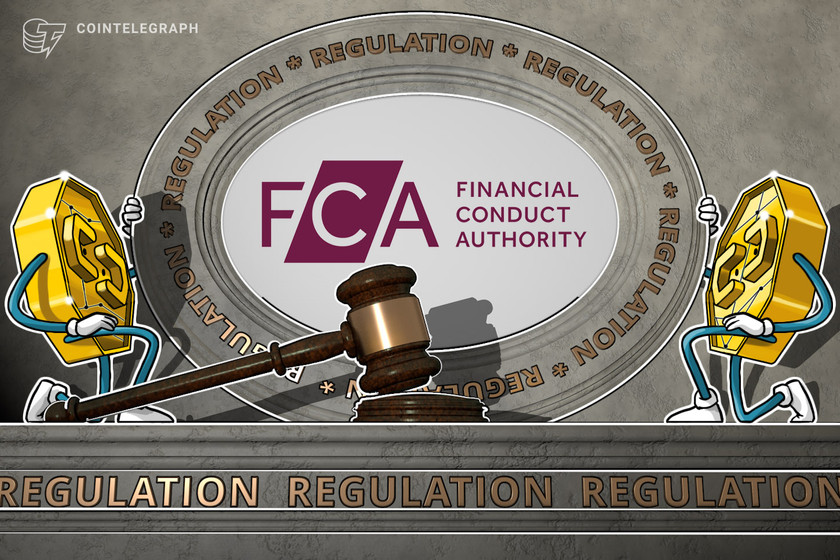UK asset manager M&G invests $20M in Bitcoin derivatives exchange


The investment will open up cryptocurrency derivatives trading to traditional financial institutions.
The investment arm of United Kingdom-based pension fund M&G has invested $20 million in the country’s first regulated Bitcoin (BTC) derivatives exchange, Global Futures & Options Holdings (GFO-X).
An announcement from M&G and GFO-X outlined the investment details, which form part of a $30-million Series B funding round for the derivatives exchange. The platform will initially offer clearing of Bitcoin index futures and options contracts.
The move provides a platform for traditional finance institutions to gain exposure to various cryptocurrency derivative investment products. GFO-X is set to become a Financial Conduct Authority (FCA)-regulated and centrally cleared trading platform for crypto derivatives.























